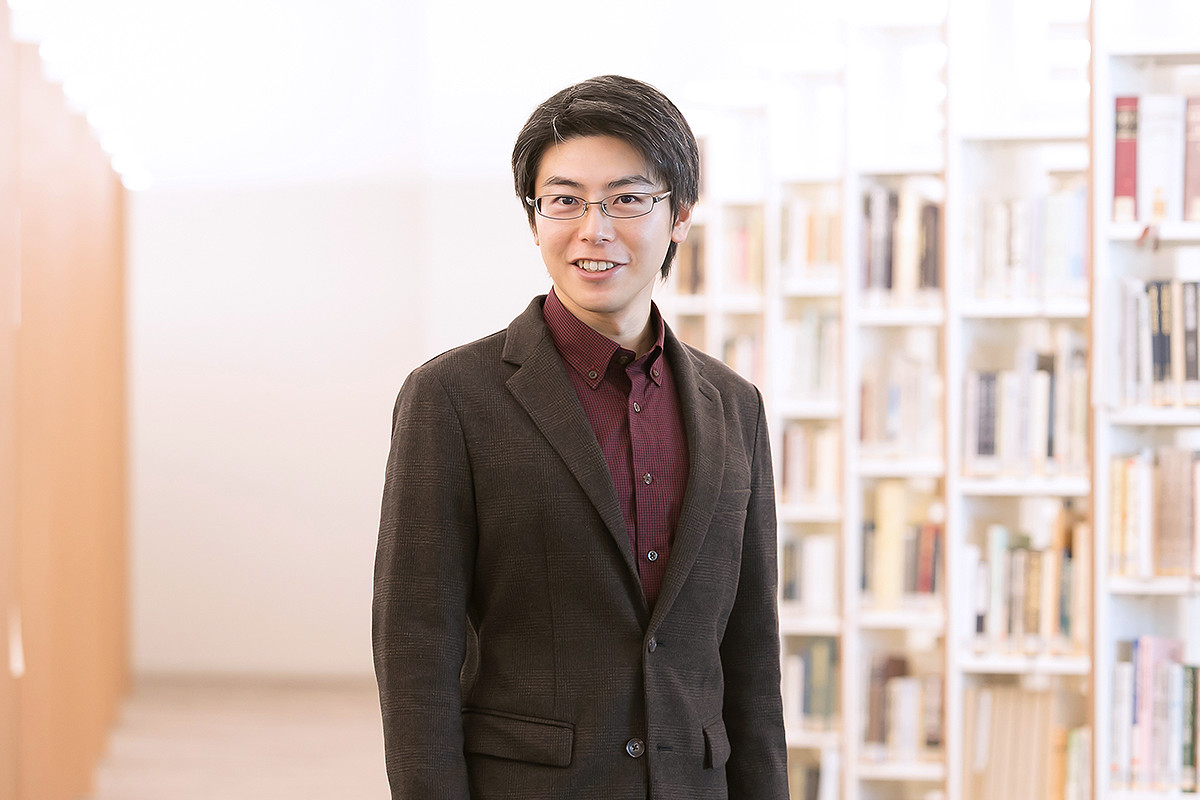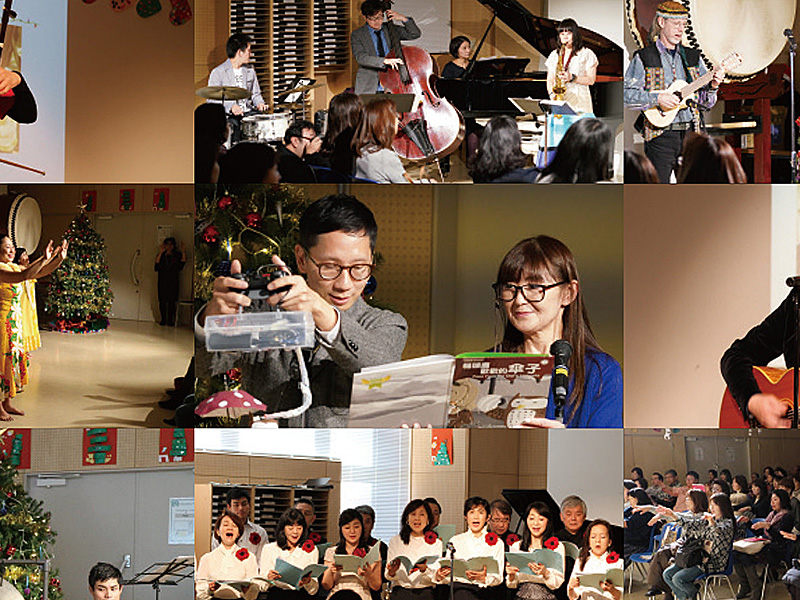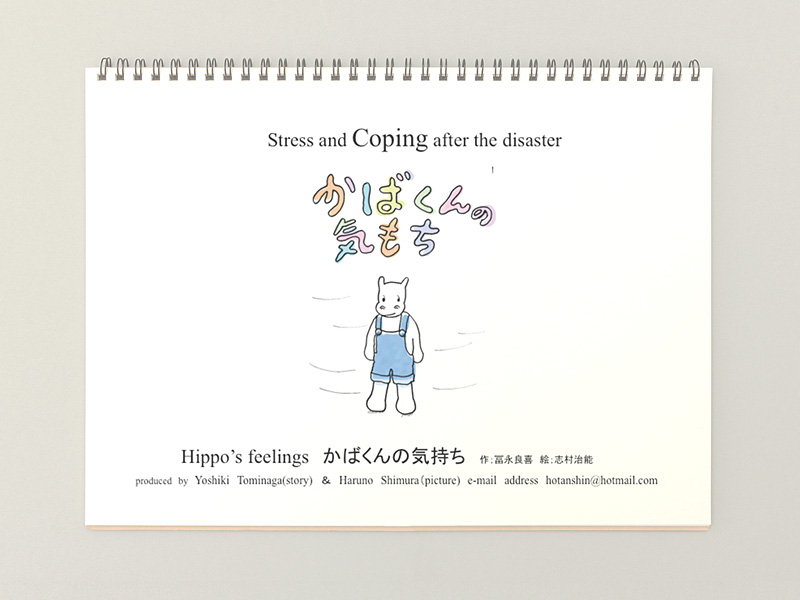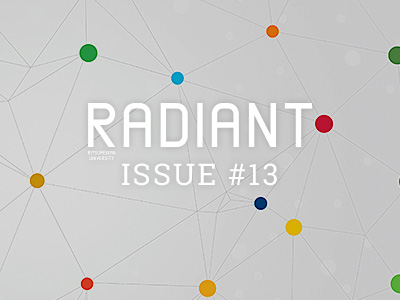STORY #8
Flexible yet unyielding Self-expressions that facilitate a smooth Relationship
Takashi Mitamura
Associate Professor, College of Comprehensive Psychology
Functional assertiveness:flexible choices that also survive difficult situations
Many of us have stifled ourselves by withholding what we really wanted to say or experienced stress by carrying on unmanageable relationships.
What can we do to be able to express ourselves honestly, to resolve the difficulties in our interpersonal relationships, and to live a fulfilling life? Takashi Mitamura tackles this question from a behavior analysis perspective. Behavior analysis is a practical discipline in which environmental variables that influence behavior are identified and then manipulated to seek a behavioral change. Mitamura said, “it is precisely because the mind (Kokoro) is such an ambiguous entity that it needs to be approached scientifically; through this, I wish to assist in facilitating smoother communications among people.”
Mitamura focused his attention on the communication method called assertiveness. According to Mitamura, assertertiveness refers to frank self-expressions that value both oneself and others. It is a way of thinking that was developed in the U.S. in the 1960s. Many assertertiveness training courses were conducted through which people learned to express one’s personal feelings and opinions while respecting those of others. “However, in practice, people learned gradually that assertion techniques do not always help in facilitating smoother communications in interpersonal relationships; rather, in certain cases, these techniques were even causing people harm.” The desire for an honest communication can often result in hurting or offending others. Frankness is not always the best policy in interpersonal relationships.
Among the major achievements of Mitamura’s research is advocating for functional assertiveness, which is based on re-conceptualizing assertiveness as a function (its effectiveness), in contrast to assertiveness as a form of self-expression (how to communicate). In functional assertiveness, the idea is not to always have a frank discussion, but rather to express oneself in the context of the relationship with the other person and the condition both are in to achieve one’s intentions. “Compared with traditional assertion techniques, they (concept of functional assertiveness) employ self-expressions that are much more flexible yet unyielding at the same time; they can be acquired as a life skill that is truer to reality,” Mitamura claimed. Therefore, as part of his empirical research project, Mitamura developed a training program for practicing functional assertiveness.

Mitamura received a request from a certain self-help group that supports children and adults with developmental disabilities to develop a special training program for them. The aim was to facilitate an effective communication between parents of children with developmental disabilities and the teachers of the elementary schools where those children attend. Thus, the program was created, and the training was carried out.
Parents of children with developmental disability often go to the elementary schools where their children attend, to request for specific assistance regarding their children while at school. Discord between parents and teachers also often ensued. Mitamura explained: “Initially, the issue was that these discussions were not going well. In most cases, the request and concerns were raised by parents, who typically have no training in school education, to the teachers, who are experts in the field. However, perhaps because the parents were concerned about the well-being of their children, they ended up expressing their requests in ways that threatened the reputation of the teacher. These requests at times came across as unilateral demands to the teachers who were already overwhelmed with work.”
To resolve these problems, Mitamura assessed the situation by listening to the parents’ side of the story. Through such assessment, he determined the factors that played a role in the parents’ requests and concerns but were not heard effectively by the teachers, because there were not enough expressions of gratitude and considerations, and because the requests were vague and not specific. Thus, it was determined that the goals to communicate effectively are “to have more expressions of considerations and gratitude” and “to be more specific with the requests.” With these goals in mind, a functional assertiveness training, which focused on role-playing, was carried out.
The effect was remarkable. The more the parents practiced, the more they were able to express words of considerations and gratitude, and the more their requests and concerns being raised for consultation became more specific and clearer. “We found out that not only it took a relatively short period for the training to take effect but also the effect was significant that the teachers, who were on the receiving end of this communication, gave it high remarks,” said Mitamura. The findings confirmed the effect of functional assertiveness training.
Functional assertiveness is expected to be effective in various communication situations. “I believe its effectiveness is not exclusive to Japan and can be demonstrated across different countries and cultures,” said Mitamura.
Japanese are often said to be quite mindful of context. However, according to Mitamura, the phenomenon of adapting how one expresses one’s self based on the context is not limited to Japan; rather, it is a universal reality found in different cultures. “The next task is to establish an index that measures objectively the effect of functional assertiveness, to prove that it is a universally applicable technique,” said Mitamura, who is currently developing such index. Perhaps in the near future, the functional assertion technique will be recognized as a global standard.

- Takashi Mitamura
- Associate Professor, College of Comprehensive Psychology
- Research Subject: development of functional assertion training programs
- Research Keywords: clinical psychology

































